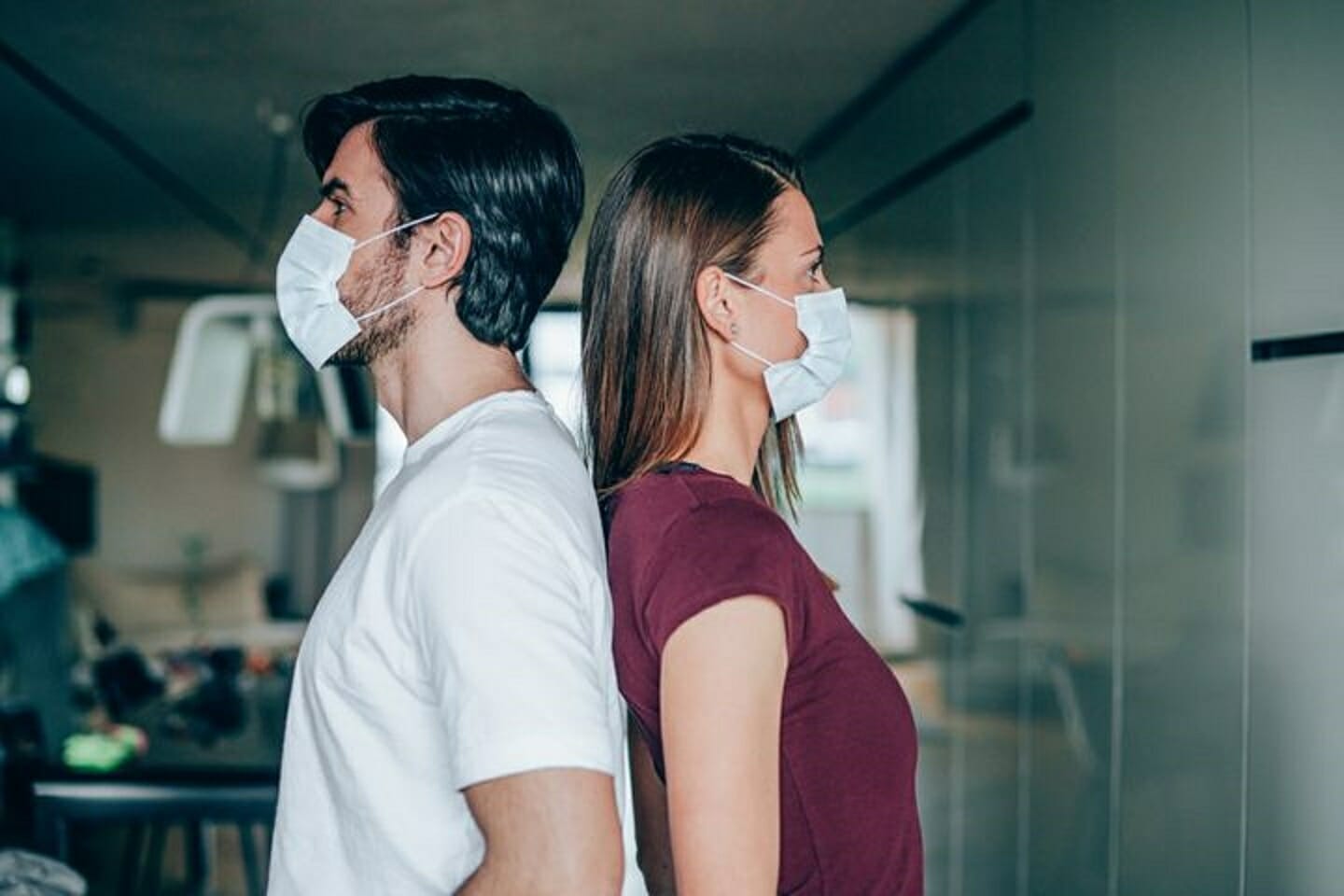Technology After Coronavirus Pandemic (COVID-19)
Gary P. Pisano: In-person meetings will be less important
 All organizations will learn that they can leverage technology much more effectively to operate remotely and conduct business. We will realize we need far fewer face-to-face meetings than we thought. I think the productivity benefits could be quite big.
All organizations will learn that they can leverage technology much more effectively to operate remotely and conduct business. We will realize we need far fewer face-to-face meetings than we thought. I think the productivity benefits could be quite big.The companies that will lose: travel businesses, such as airlines and hotels. We may discover we just don’t need to travel to meetings as much as we thought.
Gary P. Pisano (@motogp61) is the Harry E. Figgie Professor of Business Administration and Senior Associate Dean of Faculty Development.
Prithwiraj (Raj) Choudhury: Remote work will become strategic
 I’ve been studying remote work for years now, but under very different conditions—not under a crisis like this. We have to recalibrate our minds in terms of why we’re doing remote work now.
I’ve been studying remote work for years now, but under very different conditions—not under a crisis like this. We have to recalibrate our minds in terms of why we’re doing remote work now.In this moment of panic, when companies and workers are trying to figure out how to be productive and how to be happy working from home, the most practical advice I can give is to find someone who is experienced in remote work tech tools. Find a colleague who has used Slack and Zoom and set up a tutorial and get a sense of how to use these tools and what their functionality is like. Hopefully the virus will go away soon, but those tools will stay helpful even if you choose to go back to the office when the virus is gone. This is an opportunity to learn Slack and Zoom and have a mentor teach you how to use these tools.
The second thing is, working remotely is very effective if you can also restructure the organizational processes for how communication happens, how socialization happens, and how coordination happens.
In a short time it’s not possible to do everything, so there are a few things companies can focus on. First, in a remote world, it’s very important to not only communicate synchronously on Skype or Zoom, but asynchronously, where you’re not face to face on a screen.
The easiest way is to use a Google doc or Slack. This is how virtual companies work. If you and I are working as a team, I can work in a Google doc and explain what I’ve done, and you can wake up in a different time zone or city, open it up, and see the work I’ve done. There’s less chance of losing communication, and people are on the same page.
The final thing I’ll say: Remote companies have well-established processes where people are socializing and no one is feeling isolated and falling through the cracks. That’s really important right now, especially with all the anxiety around us and schools getting closed and the fear and psychosis of the moment.
In my research, productivity went up when people went to remote work settings. But I would not like to compare those normal circumstances to this moment now, where general anxiety might affect productivity.
The isolation and mental sadness needs to be actively worked on by encouraging employees to develop a personal regime: Exercise at home, meditate, and make sure you reach out and talk to people, even if that socialization takes place virtually, just to make sure employees are happy, mentally relaxed, and productive to the extent that we can.
And managers should think: How do we survive this time and even get something positive out of this? One of those positives could be the use of all these cool tools that we should be using anyway. As time passes, workers may find that they like the flexibility of not driving every day and might be interested in making their own self-selection to continuously work from home. So companies should have the right processes and incentives in place to allow for that flexibility.
Prithwiraj (Raj) Choudhury (@prithwic) is the Lumry Family Associate Professor in the Technology and Operations Management Unit.
Source: This article first published Working Knowledge by Harvard Business School
Watch Live Stream & Real Time Statistics of COVID-19
Other COVID-19 Updates
Tiger Tests Positive for Coronavirus at New York Zoo
Harvard Talks: Cut Salaries or Cut People?
Lamborghini Medical Shields & Surgical Masks for Health Workers
WHO COVID-19 Buildings & Tents Screening Layout Standards
UCLA Engineer Made a Ventilator from Hardware Items
Airbus Gives 3D-Printed Hospital Visors to Health Workers
Airlines COVID-19 Analysis: Aviation Collapsed
Forecast Deaths, Hospitals & Ventilators: COVID-19 Impact, USA Full Report
Ventilation Standards for Buildings Converted to COVID-19 Hospitals
Harvard Talks: The Supply Chain in Post COVID-19 Era
COVID-19 Deaths to Reach 81,000 in US By June – Forecasts by IHME & Univ. of Washington
Top 10 Largest Ventilator Manufacturers in the World
List of Government Officials Tested Positive in PH
Metronic Ventilator Ramping Up Production
Engineers, Can You Help Build a DIY Ventilator for Hospitals?
Water is Our First Line of Defense Against COVID-19
COVID-19 Economic Aftermath on the Construction Industry
Complete List of Companies Working on Coronavirus Vaccine
COVID-19 War: 70K Physicians vs 109M Filipinos
Famous People Who Have Tested Positive for COVID-19
These Politicians Tested Positive for Coronavirus (COVID-19)
Postponed Exhibitions in the Philippines due to COVID-19
Cancelled Major Events Around the World Due to COVID-19
World Bank Gives $12 Billion to COVID-19 Affected Countries
COVID-19 Philippines: DOH on Code Red Status
PPE Shortage Endangering Health Workers Worldwide
The List of COVID-19 Disinfectants Approved by EPA
World Bank Gives $12 Billion to COVID-19 Affected Countries
Air Cargo Demand Down 3.3% due to COVID-19 Disruption


































